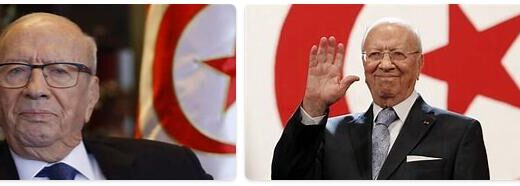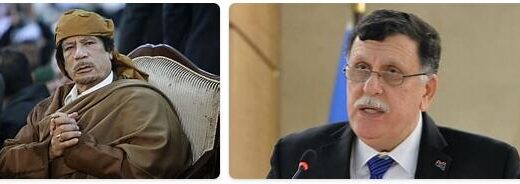Equatorial Guinea Government and Politics
In February 2005, a cholera epidemic erupted, becoming the leading cause of death on the island of Bioko, where the capital Malabo is located. 3-5 dead were buried daily in the cemetery, and a single day reached the figure of 30. The epidemic threatened to spread to the entire country – like malaria – as 80% of the population lives below the poverty line. 
A May 2006 report by the Committee for the Protection of Journalists placed Equatorial Guinea as the African country with the most comprehensive censorship. The report pointed out that: “access to communications is 100% in the hands of the country’s elite of power”. In the country, there is only one private radio and TV station owned by the president’s son.
In April 2007, the opposition party called the Association for Social Democracy the international community to oversee the municipal, parliamentary and presidential elections to be held in 2008-09. Acc. the opposition party, as in previous elections, will seek to conduct public voting and prevent the participation of international observers. The government has neither invited the opposition nor international organizations to take part in organizing the elections, which is seen as a sign that the elections will be fraught with fraud.
British mercenary Simon Mann, who led the coup attempt against Obiang in 2004, was released in November 2009 for health reasons and sent back to the UK.
The November 2009 presidential election did not give a surprising victory to the incumbent president who received 95.4% of the votes cast. However, both international observers and the opposition questioned the legitimacy of the election. The election was originally scheduled to take place in 2010, but one month before the election, the government announced it would be running as early as 2009.
In January 2010, security forces abducted 4 men living in exile in Benin. There were 2 former military people, 1 border guard and 1 civilian. In August, they were executed after a summary trial, convicted of participating in the coup attempt against Obiang in 2010. At the same time, the military court sentenced UP members Marcelino Nguema and Santiago Asumu to 20 years in prison. In March, they had otherwise been acquitted in a civil court, where seven other UP members had otherwise been sentenced to 12 years in prison. Police and security forces routinely and impunity torture and other human rights violations. Censorship remains widespread. In February 2011, the government ordered the media not to mention the Arab Spring.
In 2011, the government made plans to move the capital into the mainland. A brand new capital called Djibloho was to be built.
In November 2011, Obiang enacted a new constitution. Acc. the new constitution allowed a president to sit for a maximum of 2 periods (2 * 7 years). In an interview, Obiang denied that he would fail to stand for “re-election” despite having been in office since 1979. The Constitution merged presidential and prime ministerial posts, created a vice presidential post and a 70-seat Senate, of which 15 were to appointed by the President himself.
Obiang is reportedly suffering from prostate cancer and wants his son, Teodoro Nguema Obiang Mangue scheduled to succeed him in the presidential post. The new vice presidential post in the constitution was intended for Obiang’s son. In March 2012, a French investigating judge issued an international arrest warrant against Teodoro for public money fraud and money laundering. In August, the French authorities confiscated his property in Paris, claiming it was funded with funds stolen from Equatorial Guinea. The following month, Equatorial Guinea’s authorities asked the international court in The Hague to issue an order requiring the French authorities to suspend their investigation and return the seized property. The following month, the Malabo Magistrate’s Court issued an arrest warrant against the French director of Transparency International for defamation, as the organization had designated Equatorial Guinea as one of the world’s most corrupt countries. For 10 years, US authorities have brought charges against Teodoro for fraud and money laundering. This case ended in October 2014 with a settlement between the United States and Teodoro, after which Teodoro was to pay $ 30 million. US $. It was only a fraction of the value of his property in the United States.



